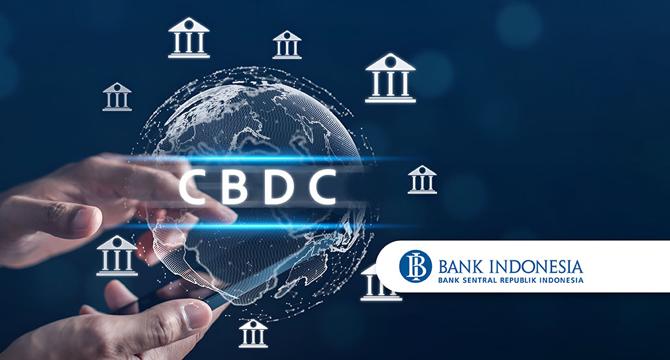Fintechnews
1M
178

Image Credit: Fintechnews
Digital Rupiah Inches Closer with Successful Completion of PoC
- Indonesia has completed its Proof of Concept for the wholesale Digital Rupiah under the auspices of Bank Indonesia’s Project Garuda.
- It underscores the country’s drive to harness digital technologies for modernising payment systems while safeguarding financial stability and promoting inclusivity.
- Bank Indonesia tested two DLT platforms—Corda by R3 and Hyperledger Besu by Kaleido—to explore the application of distributed ledger technology in creating a secure and efficient wholesale digital currency system.
- The PoC evaluated platform performance in resilience, privacy, scalability, and fault tolerance through 55 detailed test scenarios.
- The PoC involved issuance, redemption, and fund transfers using digital Rupiah while ensuring seamless interoperability with Bank Indonesia’s Real-Time Gross Settlement (BI-RTGS) system.
- Smart contracts were demonstrated—self-executing codes embedded within the blockchain that automate key processes, minimise human intervention, and enhance transaction security.
- Stakeholder engagement was pivotal to the success of the PoC. Inputs from academia, industry leaders, and government bodies informed the design and architecture.
- Before the Intermediate State, the Immediate State phase had demonstrated the feasibility of the digital Rupiah and its seamless integration with existing systems.
- The Digital Rupiah also holds promise for enhancing Indonesia’s economic sovereignty and financial inclusion.
- Indonesia’s successful completion of the Digital Rupiah PoC highlights its capacity to navigate the complexities of CBDC development.
Read Full Article
10 Likes
For uninterrupted reading, download the app